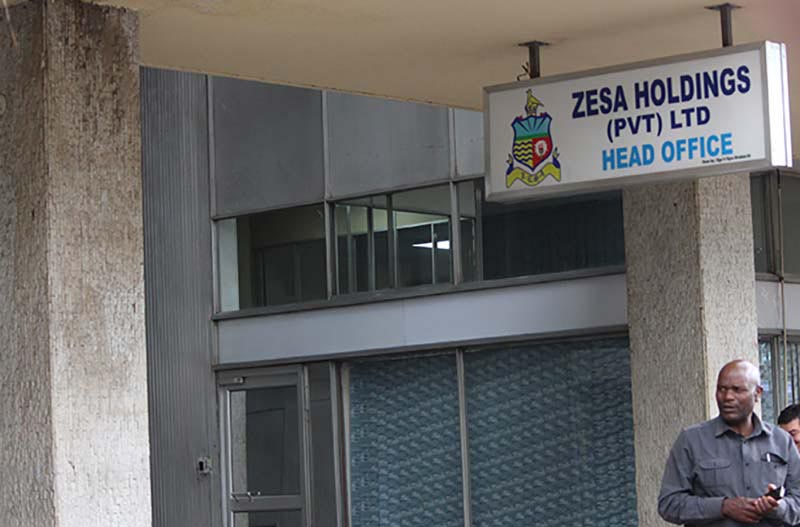Staff Reporter
In a major development for Zimbabwe's energy sector, the Zimbabwe Electricity Supply Authority (ZESA) has signed two significant contracts with Jindal Steel and Power, a renowned global player in the energy industry.
The agreements, finalized last Friday, marked a critical step towards adding an additional 2 000 megawatts to Zimbabwe’s power grid.
The new contracts will enable the comprehensive refurbishment of units 1 to 6 at the Hwange Power Station, a key infrastructure that has been serving the nation for decades.
ZESA's Executive Chairperson, Dr Sydney Gata, underscored the significance of this development, stating, "An additional 2 000 megawatts to the national grid will be a game-changer in our quest for economic growth, given the critical role of power in all economic activities. This injection of baseload capacity will be transformational and will ensure we achieve the targets outlined in Vision 2030."
Dr Gata also expressed confidence in Jindal Steel and Power, highlighting the company's strong track record in the region.
"Jindal is a global giant already making significant strides in Botswana. We feel privileged to attract their interest, attention, and investment in Zimbabwe," he added.
Chairperson of Jindal Steel and Power, Naveen Jindal, emphasized the importance of this project, stating, "We are committed to making Zimbabwe self-sufficient in power generation because electricity is a crucial element in improving the quality of life. Our expertise in power generation, mining, steelmaking, and infrastructure development positions us well to undertake this critical task."
Development expert, Isaac Masamba, said that the collaboration with Jindal Steel and Power, headquartered in New Delhi, will not only refurbish the existing infrastructure at Hwange but also introduce four new units, each capable of producing 300 megawatts.
“This expansion is expected to propel Zimbabwe towards energy self-sufficiency, providing a stable and reliable power supply for both domestic and industrial use. The additional 2 000 megawatts will address Zimbabwe's growing energy demand, significantly reduce load shedding, and provide reliable electricity to households, industries, and businesses. This increase in domestic electricity generation will also reduce the country's reliance on expensive imports, saving foreign currency and supporting local economic growth,” said Masamba.
Another development expert, Taurai Bvunzawabaya said that the project is expected to benefit irrigation schemes that rely on a stable power supply, thereby enhancing agricultural productivity.
“With the El Niño-induced droughts affecting hydroelectric power generation, the refurbishment of the Hwange Power Station becomes even more crucial to ensuring the country’s energy security,” said Bvunzawabaya.
Meanwhile, this partnership with Jindal Steel and Power is poised to transform the country’s energy landscape, addressing long-standing challenges in power supply.
By boosting the country's power generation capacity, this initiative will not only support economic growth but also contribute to the overall well-being of its citizens, driving Zimbabwe closer to its Vision 2030 goals.




